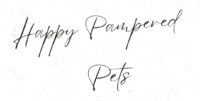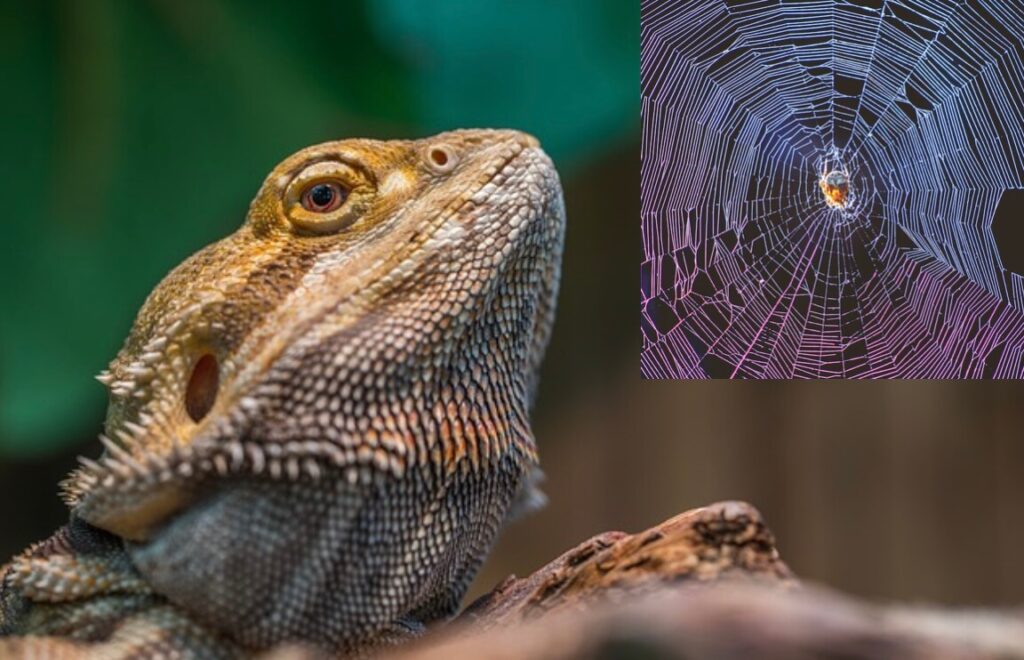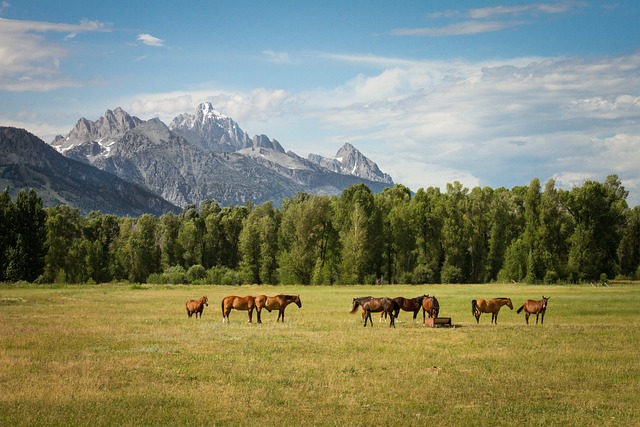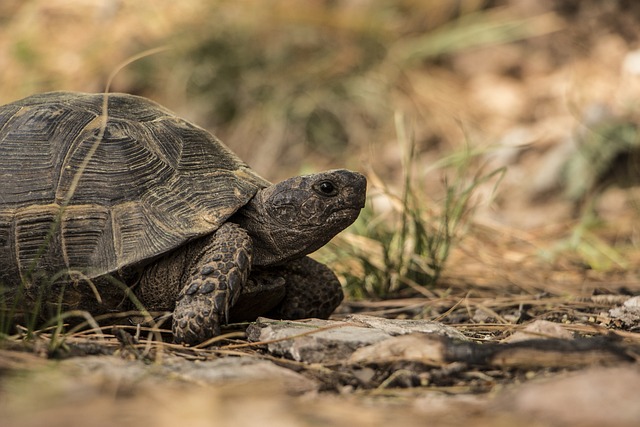If you’re wondering “Can bearded dragons eat spiders?” the answer is probably not. While eating a few spiders won’t kill a bearded dragon, they should not eat them regularly.
In this article, we’ll explore the nutritional value of spiders for bearded dragons and how to feed them properly. As well, see our full guide to Bugs for bearded dragons.
Can bearded dragons eat spiders?
- Can bearded dragons eat spiders?
- Spider Nutritional Value for Bearded Dragons:
- What type of spiders should you give your bearded dragon?
- How often should you give ants to your beardie?
- Potential risks of feeding spiders to your bearded dragon:
- Should I feed my baby bearded dragon spiders?
- What to do if your bearded dragon ingests poisonous spiders accidentally?
- Frequently Asked Questions (FAQ): Can bearded dragons eat spiders?
- What bugs are poisonous to bearded dragons?
- Can my bearded dragon eat outside bugs?
- Can a bearded dragon eat a wolf spider?
- Can a bearded dragon eat daddy long legs?
- Can a bearded dragon eat ants?
- Can a bearded dragon eat flies?
- Can bearded dragons eat grasshoppers?
- Can bearded dragons eat crickets?
- Can bearded dragons eat centipedes?
- Foods bearded dragons can eat:
- Getting your bearded dragon calcium:
- Vegetables to feed your bearded dragon:
- Insects to feed your bearded dragon:
- How often should you feed a bearded dragon?
- What should a bearded dragon not eat?
- Recap: Can bearded dragons have spiders?
Spider Nutritional Value for Bearded Dragons:
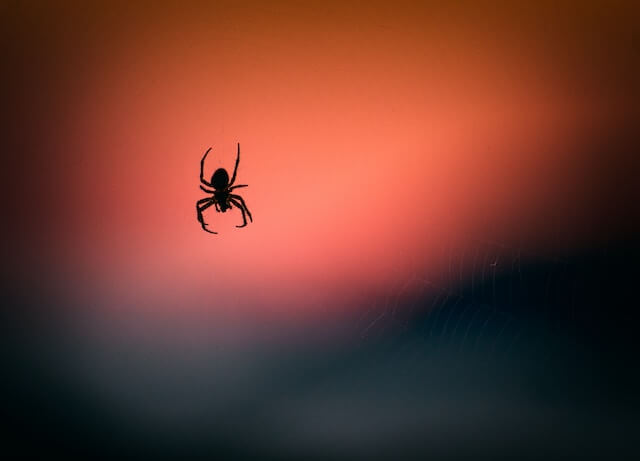
There have been over 50,000 spider species identified to date. Despite the great diversity in their nutritional value, all spiders do provide nutritional value to bearded dragons – in the form of protein, vitamins, and fiber. These minerals commonly include iron, zinc, magnesium, potassium, and phosphorus.
A scientific study found that spiders have more phosphorus than is commonly found in insects.
A note on phosphorus: In bearded dragons, it’s important to always be aware of the phosphorus and calcium content in food you feed them. Why? Bearded dragons need a good amount of calcium to grow and to maintain bone and muscle health in adulthood. However, phosphorus inhibits the absorption of calcium if there’s too much of it, relative to the calcium amount.
You should aim for a 2:1 ratio of 2 parts calcium to 1 part phosphorus. Unfortunately, most spiders have far more phosphorus than calcium, so feeding them this insect regularly will seriously inhibit their calcium absorption. We’ve outlined ways to increase your beardie’s calcium intake below.
What type of spiders should you give your bearded dragon?
In general, most non-poisonous spiders should be fine to feed to your bearded dragon in small amounts.
How often should you give ants to your beardie?
Because spiders tend to be high in phosphorus, they should not be the staple in your beardie’s insect diet. Rather, you should feed them a regular diet of insects like Dubia roaches, crickets, spiders and worms.
If you’re intent on giving your beardie a spider, it’s best to feed them the spider after they’ve eaten their other insects and vegetables. Spiders can be considered an occasional treat for them or an insect source if you’re running low on other insects to feed your pet.
Potential risks of feeding spiders to your bearded dragon:
Spiders have too much phosphorus to be given to your bearded dragon daily. If you were to only feed your beardie ants daily with no other insects, they would suffer from a calcium deficiency and over time, it would harm their bone and muscle health.
Long term calcium deficiency will cause your dragon to develop brittle bones, causing them pain in their joints and bones. If this condition continues, it could even lead to paralysis in extreme cases.
Should I feed my baby bearded dragon spiders?
No, you probably should not give baby or even juvenile bearded dragons ants. When beardies are growing (up to a year old), they need a lot more insects and protein to grow. Due to the spider’s high phosphorus content, eating them could seriously inhibit your dragon’s proper growth. It’s best to play it safe and not feed young bearded dragons spiders until they’re older, if at all.
What to do if your bearded dragon ingests poisonous spiders accidentally?
Don’t panic. Immediately stop your bearded dragon from eating the spider, and closely monitor them closely for symptoms of a strong reaction. This reaction could include:
- Bloating
- Diarrhea
- Vomiting
- Spitting up
- Abnormal behaviors
Look into the inside of their mouth for any welts or bumps. If they were stung inside their mouth, they may develop an allergic reaction. Give them lots of water to flush out the spider as well as a warm bath to calm them down and to encourage a bowel movement. If the reaction worsens or you’re noticing anything out of the ordinary, call a vet immediately.
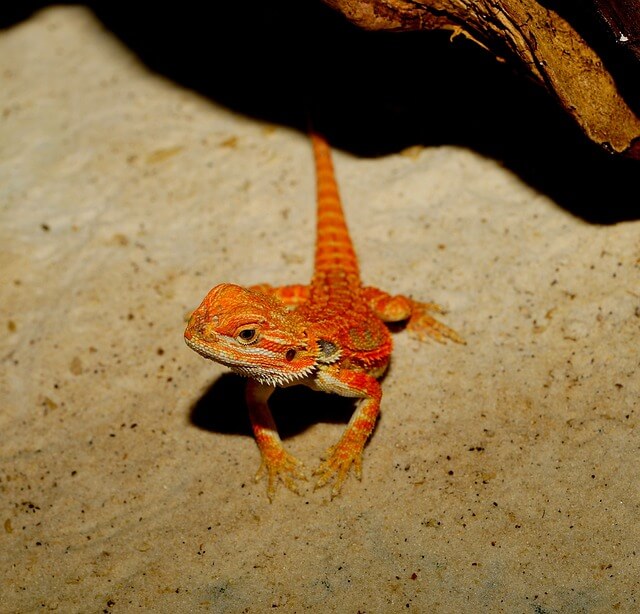
Frequently Asked Questions (FAQ): Can bearded dragons eat spiders?
What bugs are poisonous to bearded dragons?
Bearded dragons can not eat any bug that is venomous or that glows (fireflies, lightning bugs, or worms that glow in the dark).
Can my bearded dragon eat outside bugs?
Technically, bearded dragons can eat outside bugs, but they shouldn’t. If the bugs have pesticides or insecticides on them, they could seriously damage your dragon’s health and could even lead to death.
Can a bearded dragon eat a wolf spider?
No, bearded dragons should not eat wolf spiders or any other type of poisonous spider.
Can a bearded dragon eat daddy long legs?
Yes, bearded dragons can eat daddy long legs. While they are safe for beardies to eat, daddy long legs aren’t the most nutritious protein source for them.
Can a bearded dragon eat ants?
Bearded dragons can eat ants on occasion, but they shouldn’t eat poisonous ants like fire ants. For more, check out our article on feeding bearded dragons ants.
Can a bearded dragon eat flies?
Yes, bearded dragons can eat flies on occasion. However, they shouldn’t be a staple in their daily diets as they aren’t the most nutritious insect for a bearded dragon.
Can bearded dragons eat grasshoppers?
Yes! Bearded dragons can safely eat grasshoppers. Not only do they find grasshopper delicious, they are high protein and great for growing bearded dragons.
Can bearded dragons eat crickets?
Bearded dragons can eat crickets! They are high protein and low in fat.
Can bearded dragons eat centipedes?
Bearded dragons can eat some centipedes, but some species of centipedes are toxic to them. Because of this, it’s best to avoid giving your bearded dragon centipedes in general, just in case you accidentally give them a poisonous one.
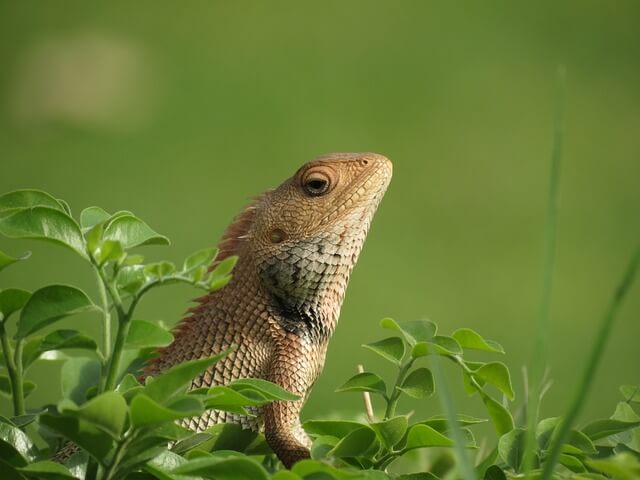
Foods bearded dragons can eat:
If you’re wondering what you should feed a bearded dragon, read our guidelines below. Bearded dragons are insectivores, which just means they thrive on insects as well as plant materials.
If you have a juvenile bearded dragon (between six and eighteen months old), give them about 80% vegetables and 20% live insects.
As your bearded dragon transitions into adulthood, give them the inverse, so 20% plant materials and 80% insects.
Getting your bearded dragon calcium:
Calcium is especially vital to a bearded dragon, especially a young one that is still growing. There are several ways to introduce more calcium into your beardie’s diet:
- Add in more high calcium vegetables like dandelions, bok choy, and collard greens.
- Dust calcium powder over their insects and vegetables to increase calcium levels.
- Make sure they’re getting their 12 hours of UVB exposure as they need this light to be able to properly absorb nutrients.
Vegetables to feed your bearded dragon:
- Peas
- Dandelion
- Green beans
- Cabbage
- Zucchini
- Pumpkin
- See our full list of vegetables to feed your bearded dragon
Note: Bearded dragons can also eat fruit in moderation. See here for a complete list of fruits bearded dragons can eat.
Insects to feed your bearded dragon:
- Crickets
- Kingworms
- Waxworms
- See our full guides to insects you can feed your bearded dragon and worms to feed your bearded dragon
Quick note: Live insects raised by you or bought from the pet store are best because they’re definitely pesticide free.
How often should you feed a bearded dragon?
During the first 3-6 months of your beardie’s life, try to feed them four to five times a day by giving them as many insects as they’d like in 10 minutes. They’re growing and need lots of protein during this stage.
Reduce the number of feedings to about two to three times a day when they’re growing into their juvenile years (between six and eighteen months).
As they become an adult, you can feed them once daily.
What should a bearded dragon not eat?
Avoid feeding your bearded dragon:
- Onions
- Leeks
- Chives
- Mushrooms
- Garlic
- Acidic fruit like oranges, lemons
- Rhubarb (can be toxic to them)
- Avocados (surprisingly, these make them ill)
- Eggplant
- Insects caught in the wild (there may be pesticides covering them)
- Venomous insects
- Dairy of any kind
- Rice and grains of any kind
- Frogs or toads
- Ham or other processed meats
Recap: Can bearded dragons have spiders?
- Bearded dragons can eat non-poisonous spiders, but they shouldn’t eat them in general. Spiders have a higher than average amount of phosphorus in their bodies, which can inhibit proper growth and bone health in bearded dragons.
- Never feed beardies poisonous spiders.
For our full list of food to feed a bearded dragon, see our guide here.
Related articles:
